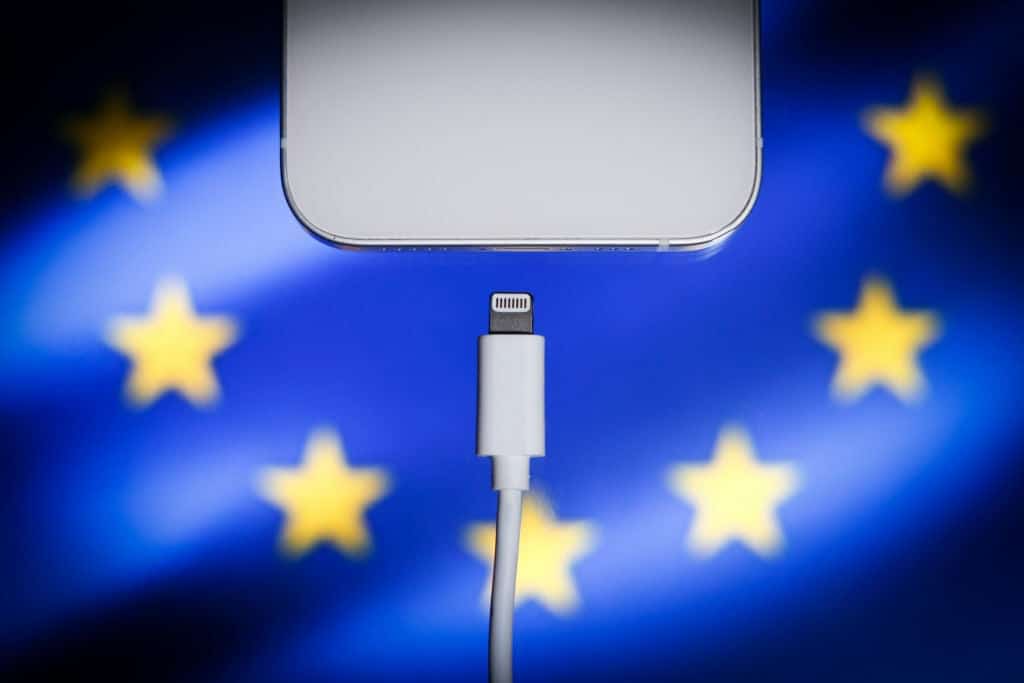When Apple finally makes the switch, iPhones will no longer have a Lightning port. Instead, they will have a USB-C port.
Even though the business hasn’t made any official announcements, the senior vice president of the company’s worldwide marketing department almost confirmed the news in an interview with Joanna Stern of The Wall Street Journal.
When asked if Apple might switch to USB-C, Joswiak said, “obviously we’ll have to comply, we have no choice.”
Apple’s Craig Federighi and Greg Joswiak (@gregjoz) join @JoannaStern at #WSJTechLive to discuss products, privacy and power at the tech giant https://t.co/fNo2JGwMB4 https://t.co/aGrTlZrUo4
— The Wall Street Journal (@WSJ) October 26, 2022
Joswiak is talking about a new set of rules that went into effect recently in the European Union and Brazil. These rules say that mobile devices like smartphones must have USB-C ports. Apple has been against this idea for a long time, but now that the EU has said it will start to enforce the law in 2024, the company will have to make the change if it wants to keep selling iPhones in the EU.
For end users, this just means that most of their electronic devices, whether they were made by Apple or another company, will be able to be charged with the same cable.
Apple is not too happy about this turn of events. “We think the approach would’ve been better environmentally, and better for our customers, for the governments to not be that prescriptive,” said Joswiak.
Joswiak, on the other hand, wouldn’t say anything about when the switch would happen exactly. “The Europeans are dictating timing for European customers,” he said.









